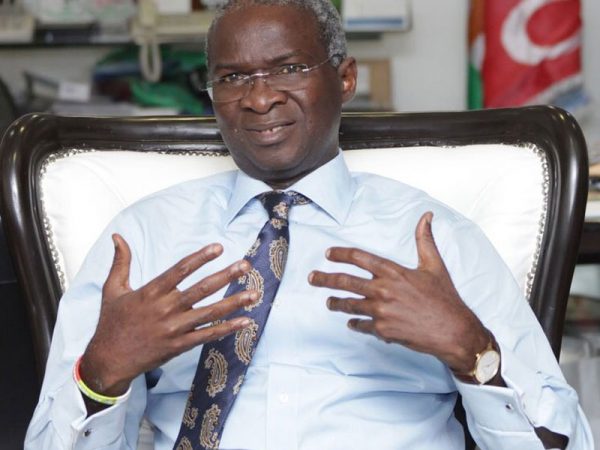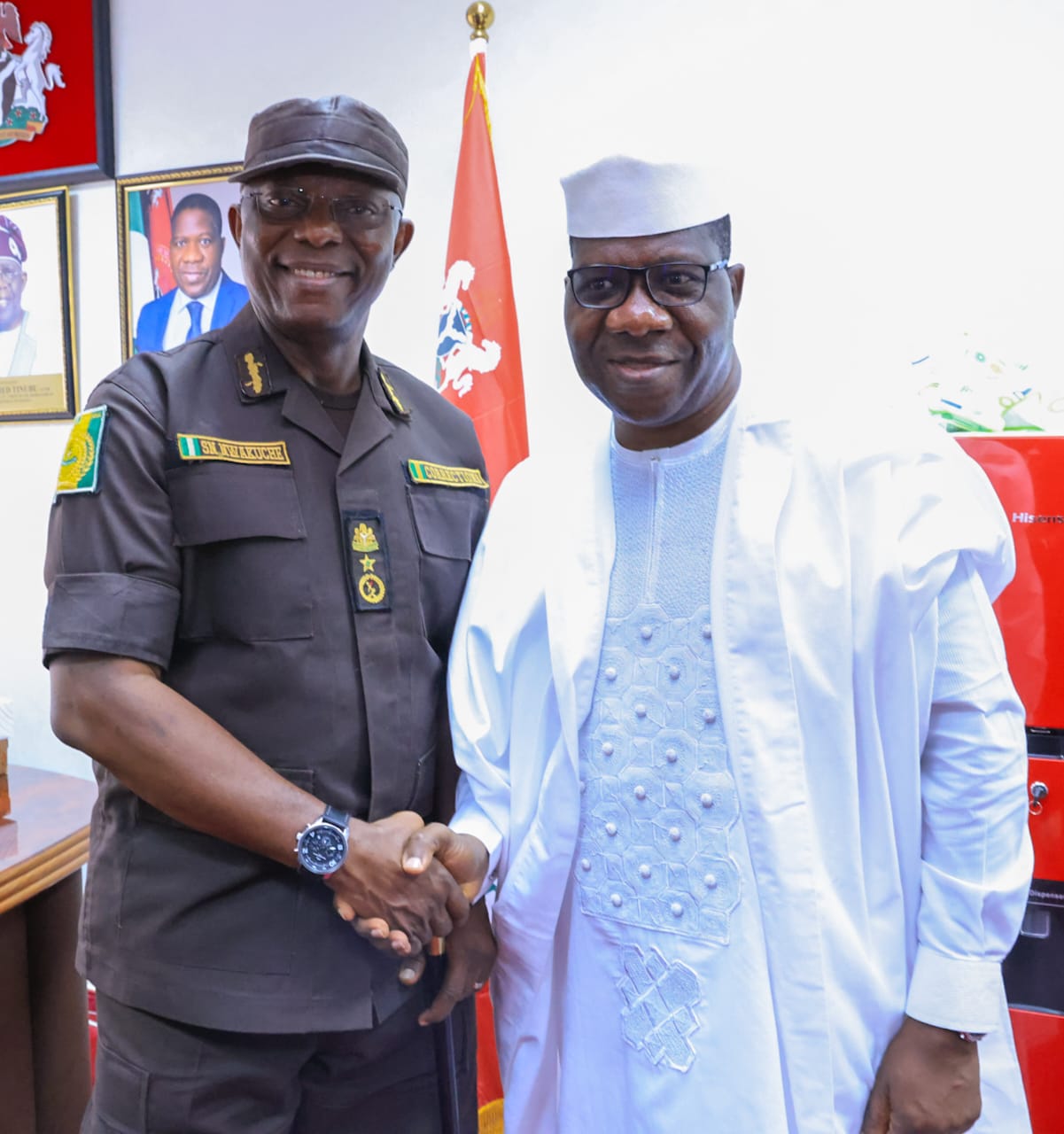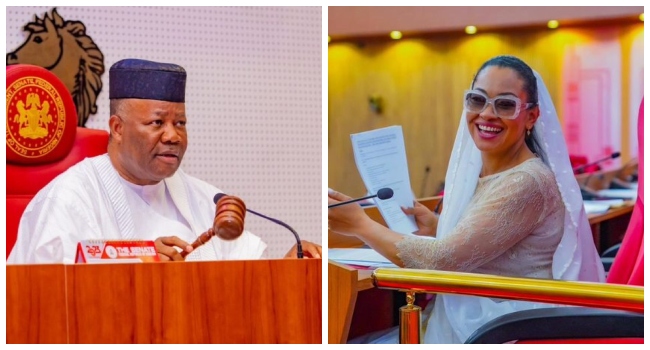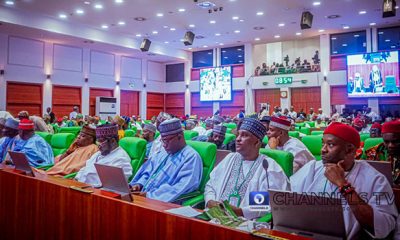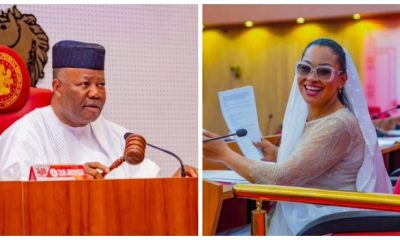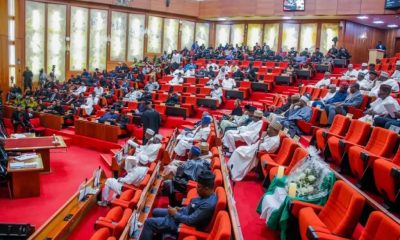*****Seeks strategic collaboration with police, DSS, EFCC
The Nigerian Correctional Service (NCoS) has revealed that the number of prisoners on death row had risen from 3,590 in September 2024 to 3,688 in March 2025, representing a 2.73 percent increase or 98 prisoners within six months.
The NCoS also sought strategic collaboration with the Nigeria Police, Department of State Services (DSS); Economic and Financial Crimes Commission (EFCC) and Independent Corrupt Practices Commission (ICPC) to speed up the wheel of justice in the country.
The Acting Controller-General of NCoS), Mr. Sylvester Nwakuche revealed the figure yesterday while the Senate Committee on Interior chaired by Senator Adams Oshiomhole was screening him for the position of substantive controller-general.
Nwakuche was accompanied by his Principal Staff Officer, Mr. Godwin Okosun; Deputy Controller of Corrections of NCoS, Mr. Babatunde Ogundare; Acting Controller-General of NCoS, Mr. Sylvester Nwakuche; and Assistant Controller General of NCoS, Mr. Ahmed Adagiri, among others, to the screening exercise yesterday.
Responding to questions at the screening with facts and figures yesterday, Nwakuche disclosed that no fewer than 3688 inmates are currently on death row in the country compared to 3,590 recorded in September 2024.
He explained the major challenges facing the correctional service in the country, revealing that the majority of inmates “are currently awaiting trials. That is our major headache we are trying to address on a daily basis.
The acting comptroller-general said: “Inmates on death row are now 3688 from 3,590 in September 2024. State governors are part of our challenges. They refuse to execute inmates on the death row; neither do they commute their death sentence to life imprisonment.
“If they commute death sentences to life imprisonment, it is easier for us to distribute them to rural correctional facilities which are not as congested as those in urban correctional facilities.
“This is because the issue of congestion is a major urban phenomenon. Our correctional facilities in urban centres are more congested than those in rural areas. If we commute them to life sentencing, we will be able to distribute them equitably,” the acting comptroller-general.
The acting comptroller-general pledged to collaborate with other security agencies more strategically to ensure that the issues of awaiting trials are permanently resolved so that the prison can be decongested.
He further emphasised collaboration and synergy specifically with the Nigeria Police, EFCC, DSS and ICPC, among others, to decisively address the challenge of awaiting trials in all the correctional facilities nationwide.
“This is very important for any establishment to forge ahead. An establishment like correctional centres cannot do anything without collaboration. We are the one at the recipient of the products of all the prosecuting agencies,” the acting comptroller-general.
According to him, the Nigeria Police, EFCC, DSS, Nigeria Custom Service, Nigeria Immigration Service and ICPC will bring all these products to our doorpost. They expect to turn around and push them into society and be law-abiding citizens. If we must meet this expectation, we need to collaborate more meaningfully.
He lamented that the dispensation of justice system “is very slow. When I met with the Inspector-General of Police, I said some of your inmates are in our facilities. They have stayed up to five or six years. Some of them are not needed to be in our facilities any longer.
“If they have been sentenced, some of them will not spend up to two to three years in prisons. But they have stayed in our facilities for six years. For me, such persons should be discharged and acquitted. That is one area we must collaborate to decongest our facilities..
“I also met the Director-General of DSS on the need for collaboration. I met the Attorney-General of the Federation for the same reason. Some of the inmates are waiting for the advice of the Director of Public Prosecution. If we do not reach out to these agencies, our people will continue to be in prisons unnecessarily.”
In his remarks, Chairman, Senate Committee on Interior, Senator Adams Oshiomhole said the committee would submit its report based on the performance of the Acting Controller-General of the Nigerian Correctional Service (NCoS).
